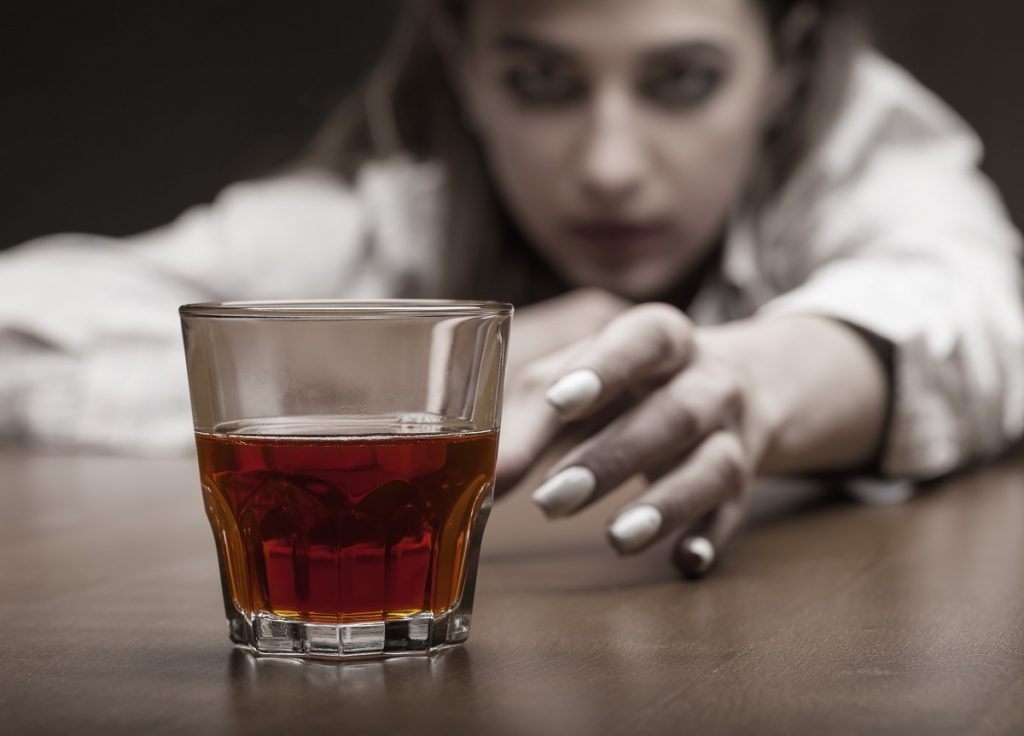Most people do not realize that they are heading towards alcohol addiction until it is too late. This is because, in most cultures, people consider alcohol consumption healthy. Alcoholic drinks thus form a part of their dining tables, celebrations, and even business meetings. There is, however, a thin line between recreational or healthy alcohol consumption and alcohol intake that is detrimental to your physical and mental health.
Some people consider centers offering sober living for women and men programs a waste of their time and cash. They assume that managing alcohol addiction is as easy as quitting ‘’cold turkey’’ then consuming concoctions touted as effective for detoxing. Alcohol detoxification is, however, far from easy and, in some instances, might result in adverse effects that make most people go back to drinking. It is thus essential to have unhealthy alcohol consumption handled only by a treatment center with trained personnel and the right equipment for detoxification. The following are the steps followed in professional alcohol detoxification treatments
Intake Assessment
The first step in detoxification is the evaluation of your alcohol addiction. This involves a sit down with the staff at a treatment center where you will answer questions regarding your alcohol intake. Alcohol addiction is, at times, embarrassing, and being honest with your answers might be a challenge. It nonetheless is essential to be as truthful as possible when answering the intake assessment questions. These answers form the basis for your treatment plan.
Treatment Assessment
This involves medical screening tests that measure your blood and urine alcohol levels. At this point, other tests to rule out co-occurring conditions like bipolar and anxiety disorders are also performed. There are different types of screening tests used for alcohol addiction treatment, depending on your age. These are necessary to form a customized treatment plan that addresses all aspects of your addiction.
Medication Prescription
Medications are not as frequently used in alcohol detoxification as they are in opioid detox programs. When you stop taking alcohol your body will react in different ways depending on the amount and duration of your intake. Some of the withdrawal symptoms of alcohol addiction include confusion, fevers, hallucinations, irregular heartbeats, tremors, and nausea. In a treatment center, professionals will be on-site to monitor your withdrawal symptoms and prescribe medication if necessary.

Hydration Maintenance and Boosting Your Health
Dehydration is the most common issue encountered in alcohol detoxification and can kill within hours when mishandled. In an addiction treatment center, intravenous fluids might be prescribed. Even so, the intake of herbal teas and neutral broths is encouraged to minimize your risk of dehydration. Most centers also prescribe vitamin B and iron supplements and folic acid to boost your overall body health to withstand the rigors of alcohol withdrawal.
Detoxification will not only get rid of the alcohol in your body but will also address the underlying causes of the condition. You will uncover the triggers that have contributed to your addiction and develop healthy coping mechanisms for them. The above steps are, however, not the cure for your addiction. You should continue your therapy for a full recovery from this habit.



